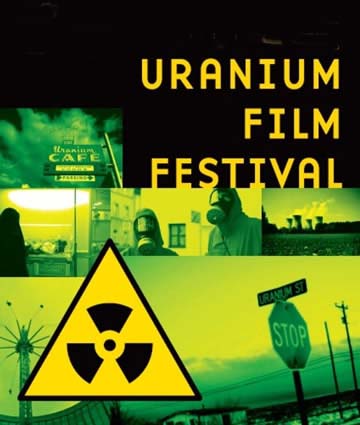Shrouded in doubt: safety issues at Russian-occupied nuclear stations in Ukraine

Kate Brown and Susan Solomon: One thing nuclear power plants weren’t built to survive: War. Military strategists commonly target the enemy’s electrical grid. That’s a problem when combat is in a nuclearized country like Ukraine.
Inside the New Safe Confinement at the decommissioned Chernobyl nuclear power plant in Ukraine in 2021, The structure encloses the radioactive remains of the reactor that exploded in 1986. Russian
forces are now in control of the site. The day Russia invaded Ukraine, Russian forces took control of the decommissioned Chernobyl nuclear power plant.
A week later, flares from Russian artillery lit up the Zaporizhzhia plant; Ukrainian media reported that the Russian army had placed land mines around the plant’s perimeter and was stockpiling arms at both nuclear installations. The army is now pointed at yet another nuclear facility, the South Ukraine plant.
But Russia’s is the first invasion of a country that derives more than half its energy from nuclear power. It stands to reason that Russian generals will seek to capture all 15 active reactors in Ukraine. The Russian army appears to be using the nuclear installations as safe havens, calculating that the Ukrainians will not fire on them, but we can still expect plenty more fearful nights spent riveted to scenes of battles over huge concrete towers and rows of basins filled with radioactive spent nuclear fuel:
It turns out that reactor containment buildings have never been stress-tested for blows from heavy artillery or missiles. Even without a direct hit on a reactor, we are learning of the fragility of nuclear power plants. Normal oversight and operations have essentially been replaced by isolation and disorder.
Workers at Chernobyl have been on the job continuously for more than three weeks. They have no
clean clothes (important for nuclear workers), no real beds, no contact with family, no proper meals or rest.
At the Zaporizhzhia plant, according to a Ukrainian official, Russian soldiers have forced employees into
submission. Employee-hostages — exhausted, hungry and stressed — could make mistakes. So could the untrained Russian military personnel who aregiving the orders. Communication to these sites is largely cut off.
Independent oversight experts cannot enter to verify safe operations or deliver spare parts. Russian diplomats continue to enjoy a privileged role at the International Atomic Energy Agency, despite the war. We have to rely on what the IAEA and the Russian army tell us.
In the past, Soviet nuclear information services specialized in secrecy and mistruths. One of us, while
working on a history of Chernobyl, found that the IAEA had difficulty acknowledging the public health impact of the fallout from the 1986 explosion there. Russian information services again appear to be opaque and untrustworthy. If an accident occurs, we don’t have confidence that rescue squads and firefighters can get to captured nuclear installations to deal with infernos and injuries. Nor can we be sure that we will learn the full extent of the damage and spread of radioactive sources.
Washington Post 18th March 2022
https://www.washingtonpost.com/outlook/2022/03/18/chernobyl-zaporizhzhia-nuclear-plant-ukraine/
No comments yet.
-
Archives
- April 2024 (367)
- March 2024 (335)
- February 2024 (345)
- January 2024 (375)
- December 2023 (333)
- November 2023 (342)
- October 2023 (366)
- September 2023 (353)
- August 2023 (356)
- July 2023 (362)
- June 2023 (324)
- May 2023 (344)
-
Categories
- 1
- 1 NUCLEAR ISSUES
- business and costs
- climate change
- culture and arts
- ENERGY
- environment
- health
- history
- indigenous issues
- Legal
- marketing of nuclear
- media
- opposition to nuclear
- PERSONAL STORIES
- politics
- politics international
- Religion and ethics
- safety
- secrets,lies and civil liberties
- spinbuster
- technology
- Uranium
- wastes
- weapons and war
- Women
- 2 WORLD
- ACTION
- AFRICA
- Atrocities
- AUSTRALIA
- Christina's notes
- Christina's themes
- culture and arts
- Fuk 2022
- Fuk 2023
- Fukushima 2017
- Fukushima 2018
- fukushima 2019
- Fukushima 2020
- Fukushima 2021
- general
- global warming
- Humour (God we need it)
- Nuclear
- RARE EARTHS
- Reference
- resources – print
- Resources -audiovicual
- World
- World Nuclear
- YouTube
-
RSS
Entries RSS
Comments RSS




Leave a comment